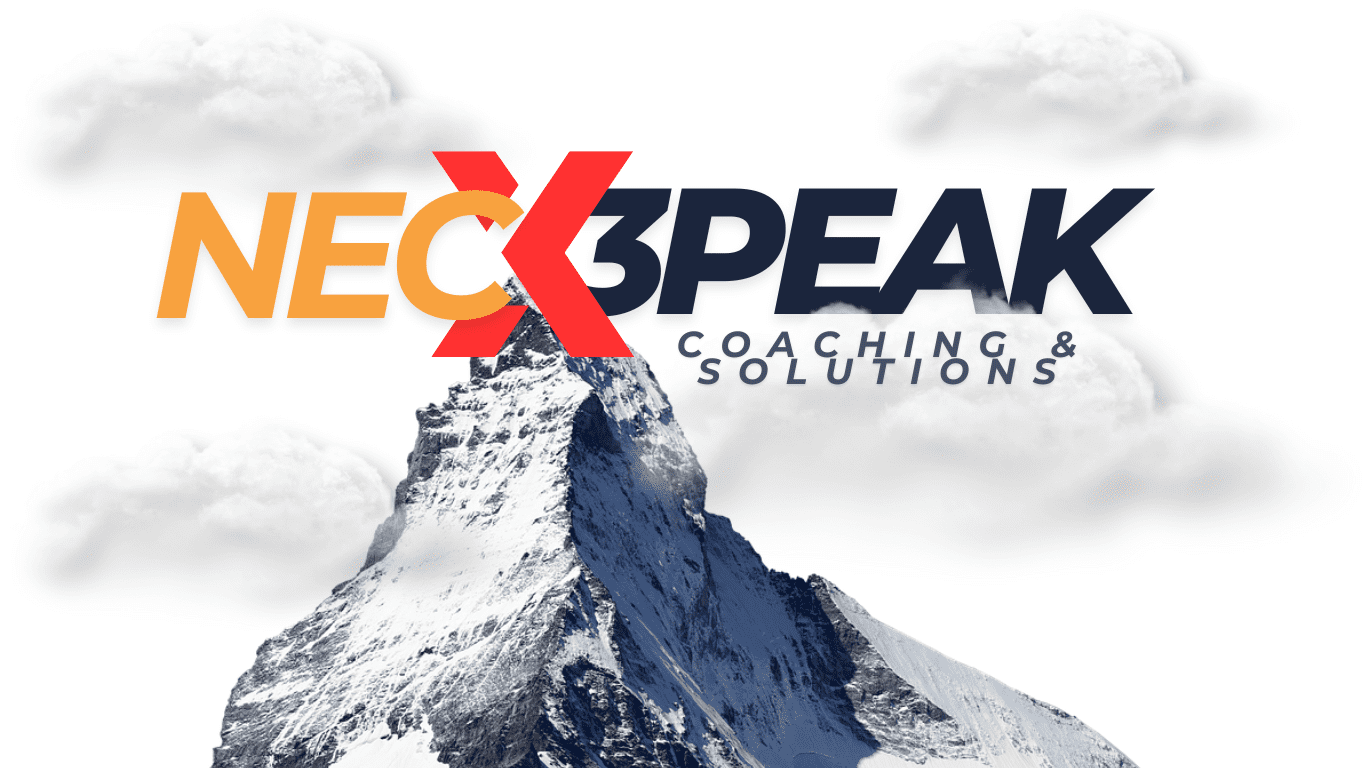OpenAI's legal battle with Elon Musk reveals internal turmoil over...
The ongoing legal battle between OpenAI and Elon Musk sheds light on the internal struggles within the company regarding its direction and leadership.

Background of the Conflict
Elon Musk, a prominent figure in the tech industry and early investor in OpenAI, filed a lawsuit earlier this year alleging that the company had deviated from its initial goal as a nonprofit research lab. Musk claimed that OpenAI's transition into a for-profit entity contradicted its original mission to benefit the public good.
The dispute escalated further as Musk accused OpenAI and its business partner, Microsoft, of unfair competition with his own AI company, xAI. Musk argued that the companies were leveraging his donations to build a for-profit monopoly, specifically targeting xAI.
Legal Proceedings and Response
OpenAI responded to Musk's claims, stating that complying with his requested court order would severely impact its business operations. The company defended its mission and business decisions, dismissing Musk's allegations as baseless and far-fetched.

A hearing is scheduled in January before U.S. District Judge Yvonne Gonzalez Rogers to address the issues raised by Musk and OpenAI.
Internal Power Struggle
At the core of the conflict lies a 2017 internal power struggle within OpenAI, where Elon Musk vied for the position of CEO. However, Musk's proposed control over the company raised concerns among other co-founders, leading to a dispute over leadership and the company's strategic direction.
Ultimately, Sam Altman emerged as OpenAI's CEO, a decision that further strained Musk's relationship with the company.

Revelation of Emails
OpenAI released a series of internal emails to provide transparency regarding Musk's involvement and the company's decision-making process. The emails highlighted Musk's initial support for exploring OpenAI as a for-profit entity, a direction that later led to conflicts within the organization.
Despite Musk's early contributions and proposals, his disagreements with OpenAI's direction ultimately led to his resignation from the company's board.
Conclusion
The legal battle between OpenAI and Elon Musk underscores the challenges faced by companies navigating the complex landscape of artificial intelligence and corporate governance. The outcome of this conflict will likely have significant implications for the future of OpenAI and the broader AI industry.
For more information on this ongoing saga, you can read the full article here.




















